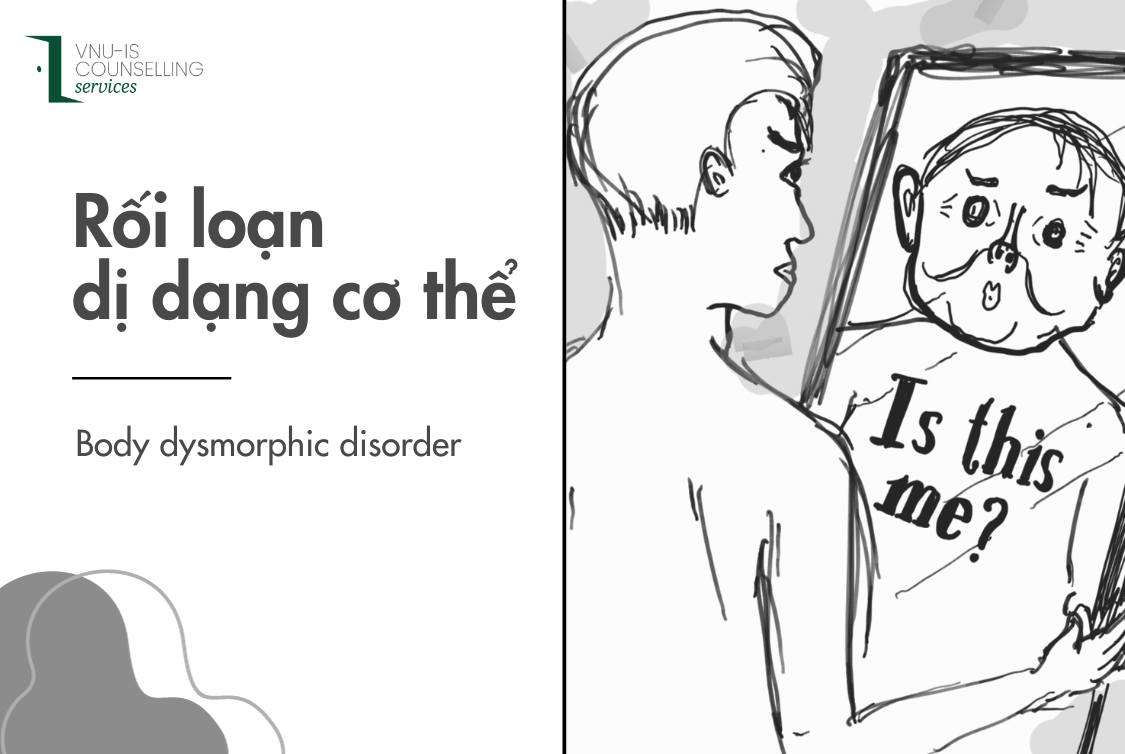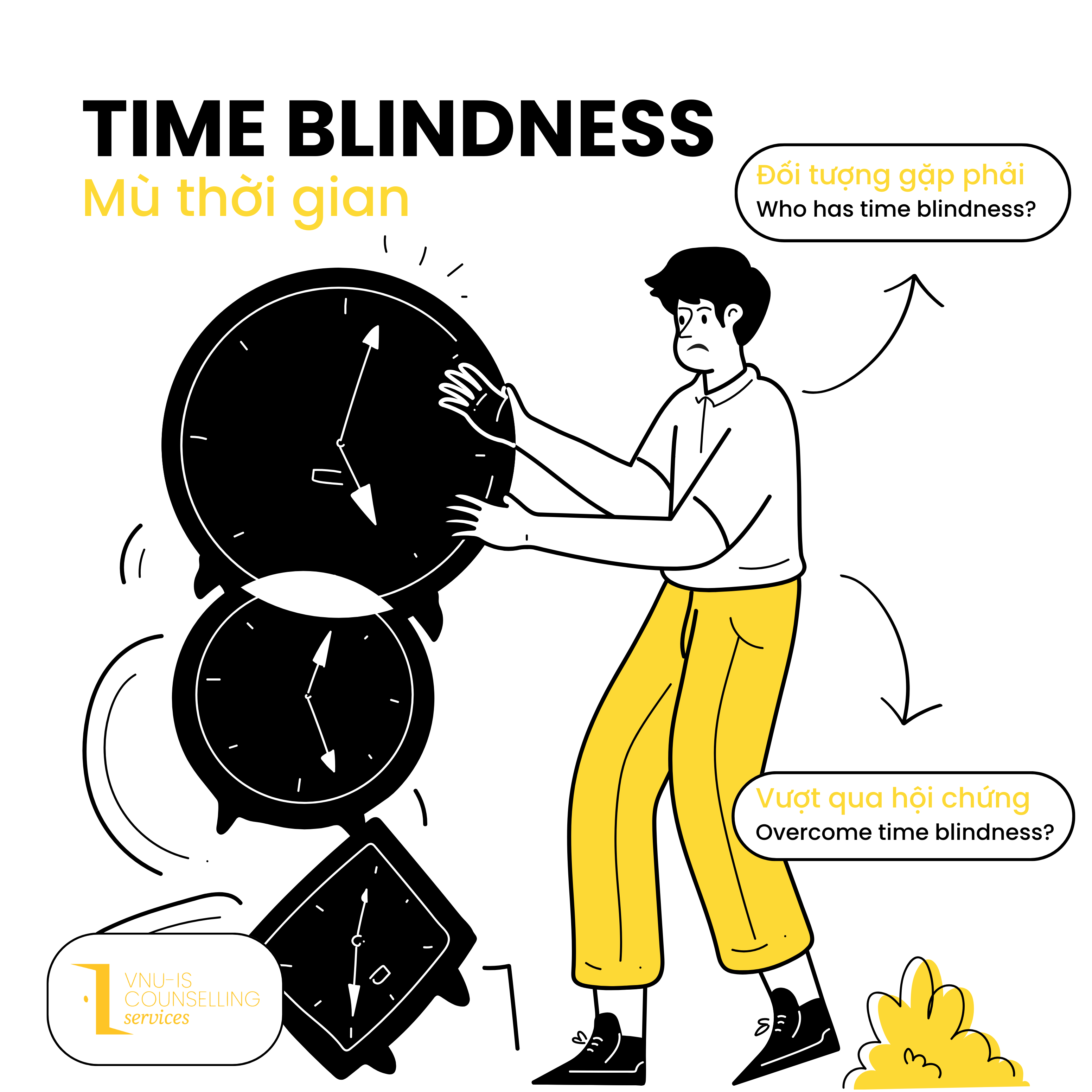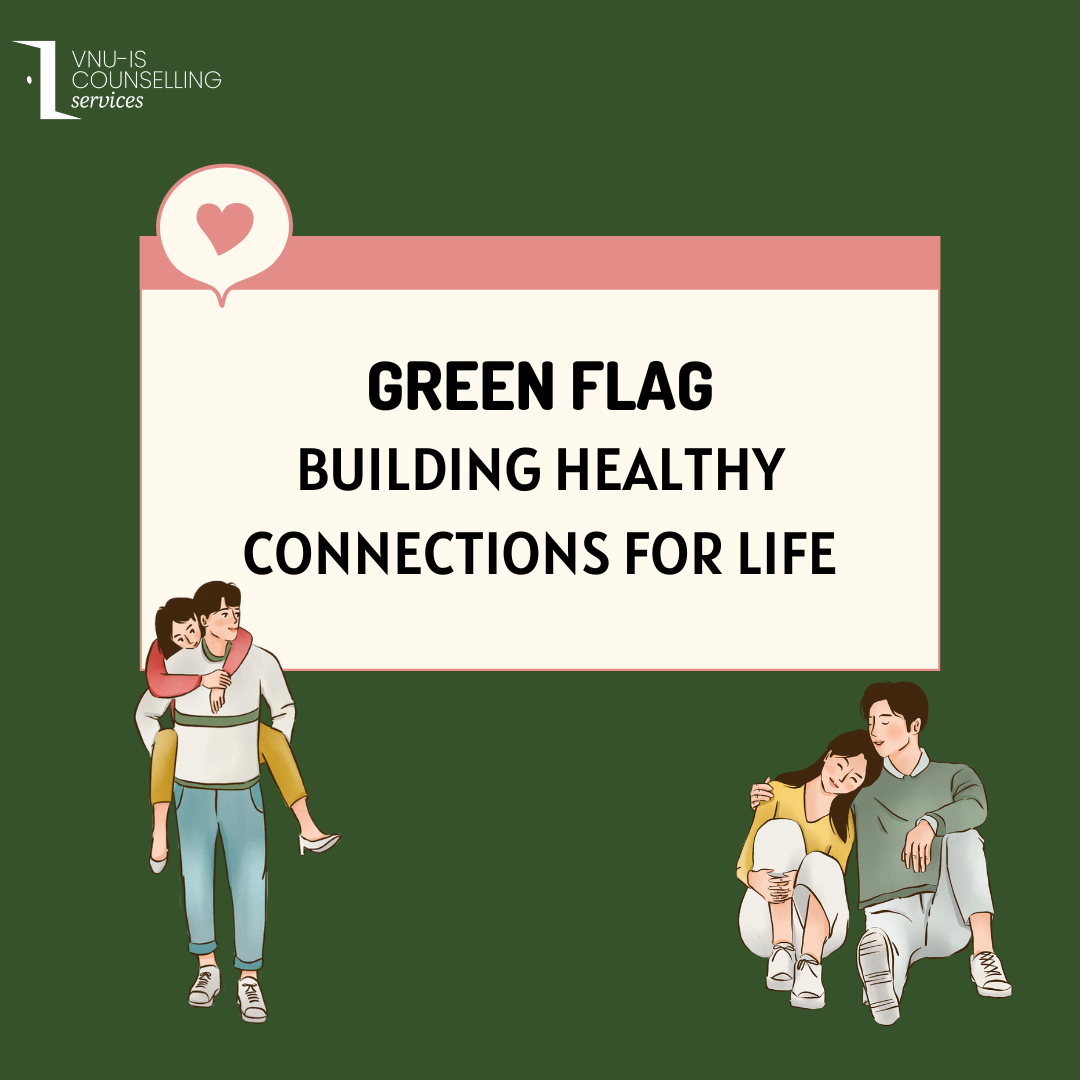Sensory overload occurs when one or more of the body’s senses of touch, sight, hearing, smell, or taste become overstimulated. Sensory overload can occur in anyone, especially in this crazy, fast-paced world in which we live, where we are constantly bombarded with stimuli. Your brain receives all its information from your senses, interprets it, then controls your reaction. But if it is receiving more information than it can process or make sense of, it sends signals to your body that you need to escape from the source of the overload. Fatigue and stress can also contribute as they may result in heightened senses.
Each person is different when it comes to sensory overload and the triggers for sensory overload vary widely depending on a person’s senses and state. For example, one person may be extremely sensitive to loud noises or can get overwhelmed in an environment with a lot of noise, whereas another may be bothered by strong odors. Alternatively, you might be greatly affected by flashing lights.
People can experience sensory overload in many ways. For some, it can start with feeling anxious and then slowly build to panic and discomfort, while for others, the discomfort can kick in very quickly. However, some general signs of sensory overload can include:
Anxiety and fear
Inability to ignore sensory input
Feeling overwhelmed or agitated
High level of discomfort
High level of irritability
Restlessness
Stress
Loss of focus
Inability to converse with others
Urge to cry
Urge to block out the cause of overstimulation (Ex: covering eyes/ears/nose)
Feeling the urge to flee from the environment
Unfortunately, there are not many options for combating sensory overload, but there are some general strategies that may work:
Keep track of situations where you experience sensory overload. This allows you to identify your triggers and then start to develop strategies to avoid or cope with them
Be well rested prior to an outing or event. Resting prior to a potentially overwhelming situation helps to give you the stamina you need to cope
Learn to recognize when sensory overload is occurring and either take a break by finding a quiet space or remove yourself from the environment
Experiment with, and practice breathing and calming techniques that can be utilized when anxiety starts to build
Sensory overload can be very taxing both mentally and physically, but by developing strategies to decrease or avoid exposure to overwhelming situations and developing a plan for coping when it occurs, you can begin to reduce its severity and frequency.
-------
Source:
https://www.medicalnewstoday.com/articles/sensory-overload#symptoms
Top















